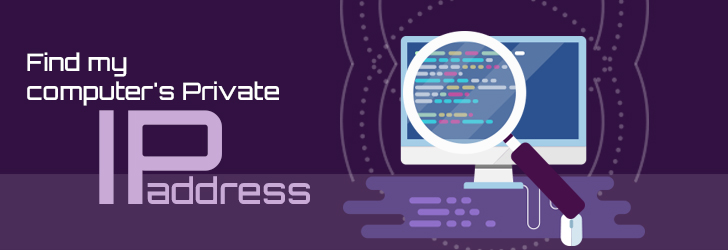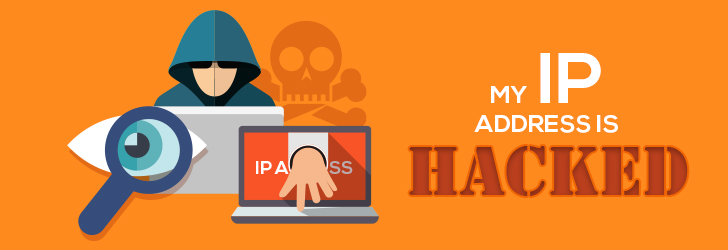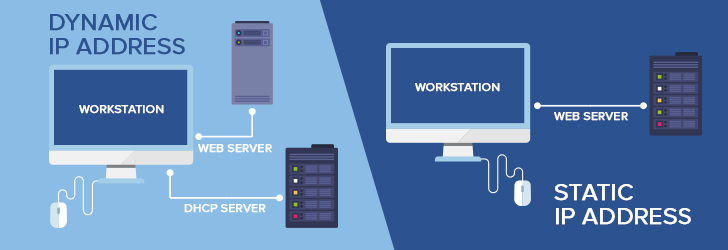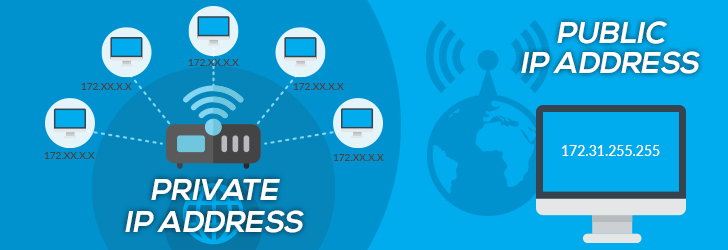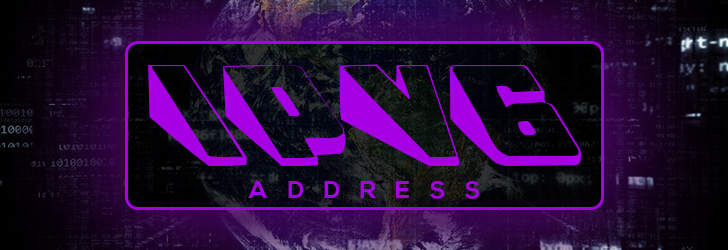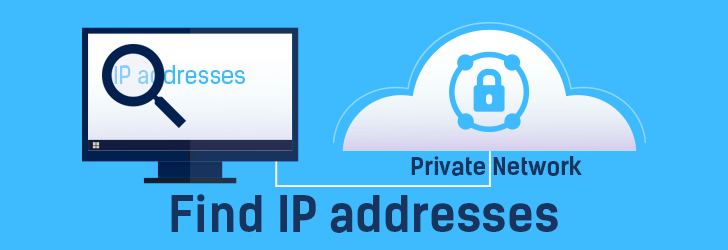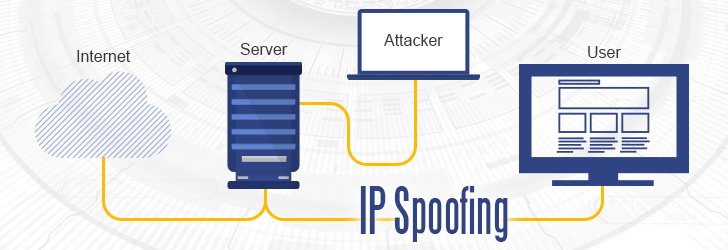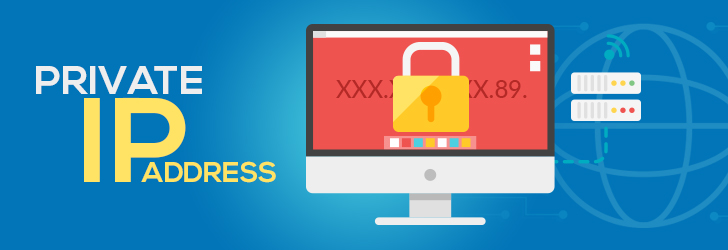
The private IP addresses are the reserved IP address blocks that cannot be routed through the internet. Since private IP addresses are only intended to be used in private networks, they are not globally unique. The private IP address must be unique within its network (usually LAN) so that there is no conflict between two computers within its network. Due to scarce nature of IPv4 Address (i.e. approximately 4 billion IP addresses), IANA reserved private IP address blocks so that they can be used by any organization without registering them with IANA. The private IP address block can be used in homes, small businesses, or even medium and large enterprises to create their own network. Computing devices with a private IP address cannot be directly accessed from the Internet unless NAT (Network Address Translation) is used. The advanced network planning techniques have also enabled network planners to use same private IP address within different private networks thus allowing them to save valuable IP address space. A private address may also be referred to as a local IP address. It also enables to hide the identity of the users over the Internet.


